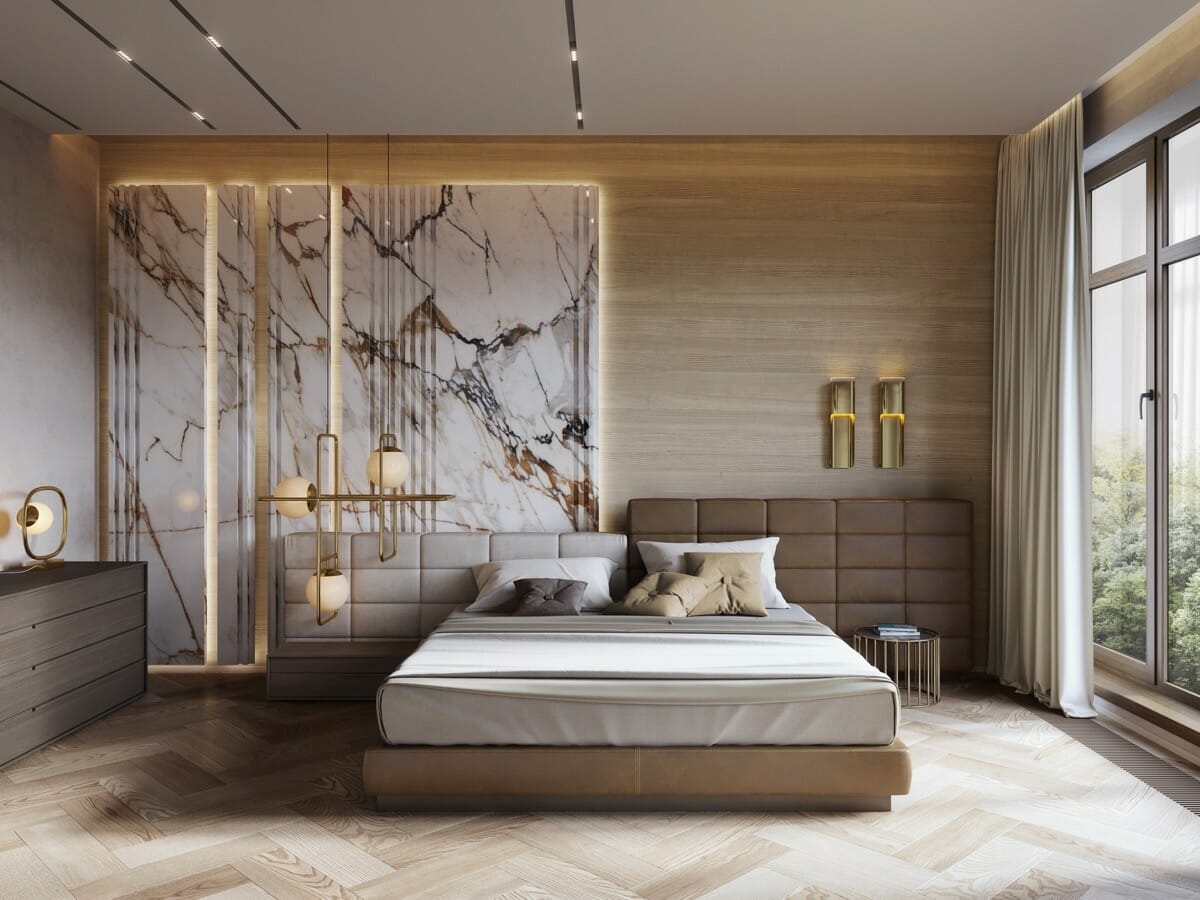In a fast-paced world where functionality and practicality are paramount, modern furniture is evolving to meet the diverse needs of today's consumers. This shift goes beyond mere aesthetics, focusing on innovative designs that enhance usability and seamlessly integrate into the contemporary lifestyle. In this exploration, we delve into the ways modern furniture is addressing the demands of a dynamic and ever-changing society.
Multifunctional Pieces:
Modern furniture designers are responding to the challenge of limited space by creating multifunctional pieces. From sofa beds and storage ottomans to dining tables with built-in extensions, these versatile items maximize utility without compromising on style. Such pieces cater to the practical needs of urban dwellers and those seeking adaptable solutions for their living spaces.Smart Integration:
The integration of smart technology has become a defining feature of modern furniture. Charging ports, built-in speakers, and wireless charging capabilities are now seamlessly incorporated into sofas, tables, and nightstands. This tech-savvy approach not only enhances convenience but also aligns with the increasing demand for interconnected living spaces.Space Optimization:
With the rising trend of smaller living spaces, modern furniture designers are prioritizing space optimization. Compact and modular designs allow consumers to customize their furniture layouts based on their spatial constraints, providing a sense of flexibility and adaptability in ever-changing environments.Ergonomic Considerations:
Comfort is a key aspect of functionality, and modern furniture is incorporating ergonomic principles to enhance the user experience. Whether it's an ergonomic office chair or a reclining sofa with adjustable features, designers are prioritizing the well-being of users, recognizing that comfort is crucial for both work and relaxation.Customization and Personalization:
Recognizing the diverse needs and preferences of consumers, modern furniture is increasingly customizable. Buyers can choose from a variety of materials, colors, and configurations to tailor their furniture to match their unique lifestyles. This customization not only adds a personal touch but also ensures that the furniture serves its intended purpose effectively.Sustainability and Durability:
Functionality extends beyond immediate use to long-term durability. Modern furniture is being designed with sustainability in mind, utilizing eco-friendly materials and construction methods. Consumers are increasingly conscious of the environmental impact of their purchases, and furniture that stands the test of time while minimizing its ecological footprint is highly sought after.Versatile Outdoor Furniture:
As outdoor living spaces become extensions of indoor ones, modern furniture is adapting to meet the demands of exterior environments. Weather-resistant materials, UV-protected fabrics, and modular outdoor seating options are gaining popularity, allowing consumers to create stylish and functional outdoor retreats.
Conclusion:
Modern furniture is no longer just about style; it's about seamlessly integrating into the practicalities of contemporary life. From multifunctional designs to smart features and sustainable practices, today's furniture industry is committed to meeting the diverse and evolving needs of consumers. As our lifestyles continue to shift, the ongoing innovation in modern furniture design ensures that our living spaces remain both stylish and functional.

Comments
Post a Comment